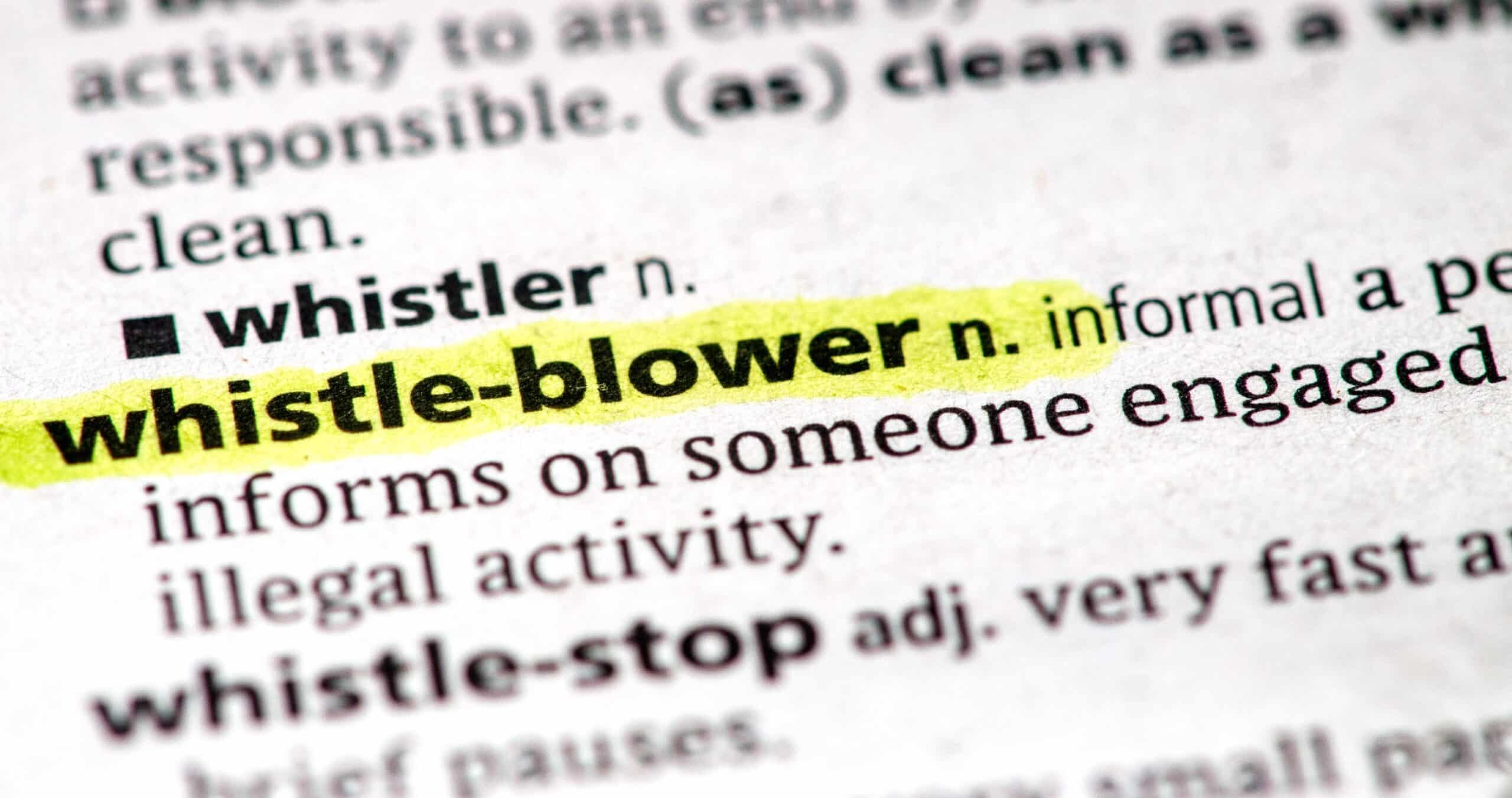New Attorneys Fees Provision Should Apply Retroactively to Pending Whistleblower Cases
California’s whistleblower law, Labor Code section 1102.5, helps discourage employers from retaliating against employees who report unlawful activity in the workplace. It’s an important law because it safeguards other rights and privileges afforded to employees.
Last fall, Governor Gavin Newsom signed into law AB 1947, an amendment to Section 1102.5. The new Labor Code Section 1102.5(j) authorizes a court to award reasonable attorneys fees to a plaintiff who brings a successful action under Section 1102.5. This is an important addition to the law because it will help future whistleblowers find legal representation for their claims.
However, practitioners who filed whistleblower claims before Section 1102.5(j) became effective on January 1, 2021 might find themselves wondering if the new attorneys fee provision applies retroactively to their pending claims…
Retroactivity of Statutes, Generally
“As a general rule, statutes do not operate retroactively unless the Legislature plainly intended them to do so.” (Scott v. City of San Diego (2019) 38 Cal.App.5th 228, 236.) However, a statute that merely clarifies, rather than changes, existing law is properly applied to transactions predating its enactment. This is because “it is merely a statement of what the law has always been.” (Id.)
In determining whether a statute “clarifies” or “changes” existing law, courts consider the following factors: (1) What actions courts have previously taken in interpreting the law; (2) Whether the law was interpreted by the high or intermediate courts (once the Supreme Court “finally and definitively” interprets a statute, an amendment can’t merely clarify existing law; it necessarily changes it); (3) the Legislature’s intent as illustrated by legislative history; and (4) how quickly the Legislature acts.
As applied to AB 1947, these factors weigh against finding that Labor Code 1102.5(j) should apply retroactively. This is because the legislative history clearly shows that the purpose of AB 1947 was to change existing law:
Under existing law, workers who prevail in lawsuits alleging that their employer violated these protections … will still be stuck paying their own attorneys’ fees, unless they can find another way to convince the judge to make the employer pay those fees. This bill would alter that dynamic by authorizing courts to award reasonable attorneys’ fees to a worker that prevails on a claim of retaliation for blowing the whistle on legal misconduct at their workplace.
(California Committee Report, 2019 California Assembly Bill No. 1947, California 2019-2020 Regular Session.)
One might assume, then, that practitioners with pending whistleblower actions are flat out of luck when it comes to recovering fees for a successful claim. However, despair not…
Attorneys Fees Provisions as a Special Category
California courts treat fee statutes as a special category within the prospective/retrospective application doctrine. (See USS-Posco Industries v. Case (2016) 244 Cal.App.4th 197, 221 (“In sum, the California Supreme Court and many, many Courts of Appeal have treated legislation affecting the recovery of costs, including attorney fees, as addressing a “procedural” matter that is “prospective” in character and thus not at odds with the general presumption against retroactivity.”).)
Under this line of cases, fee statutes are procedural rules that apply to actions pending at the time of enactment.
Thus, a plaintiff who brought a whistleblower action prior to January 1, 2021 should still be awarded attorneys fees pursuant to Section 1102.5(j), so long as the case was still pending on that enactment date.
Takeaway
Although it is too early to know how courts will apply 1102.5 (j), there is a strong legal argument to be made that its attorney fee provision should apply retroactively to cases filed prior to its effective date that are still pending.
This is a good thing for California workers since, as the Legislature noted in its committee reports, it will help a greater number of whistleblowing employees find legal representation. Section 1102.5(j) should also, therefore, aid enforcement of California’s labor laws and support justice in the workplace.


